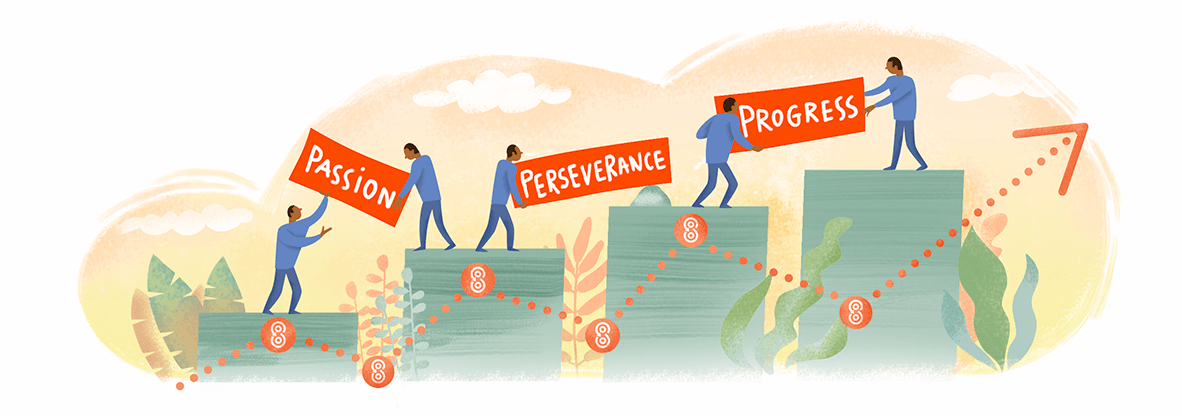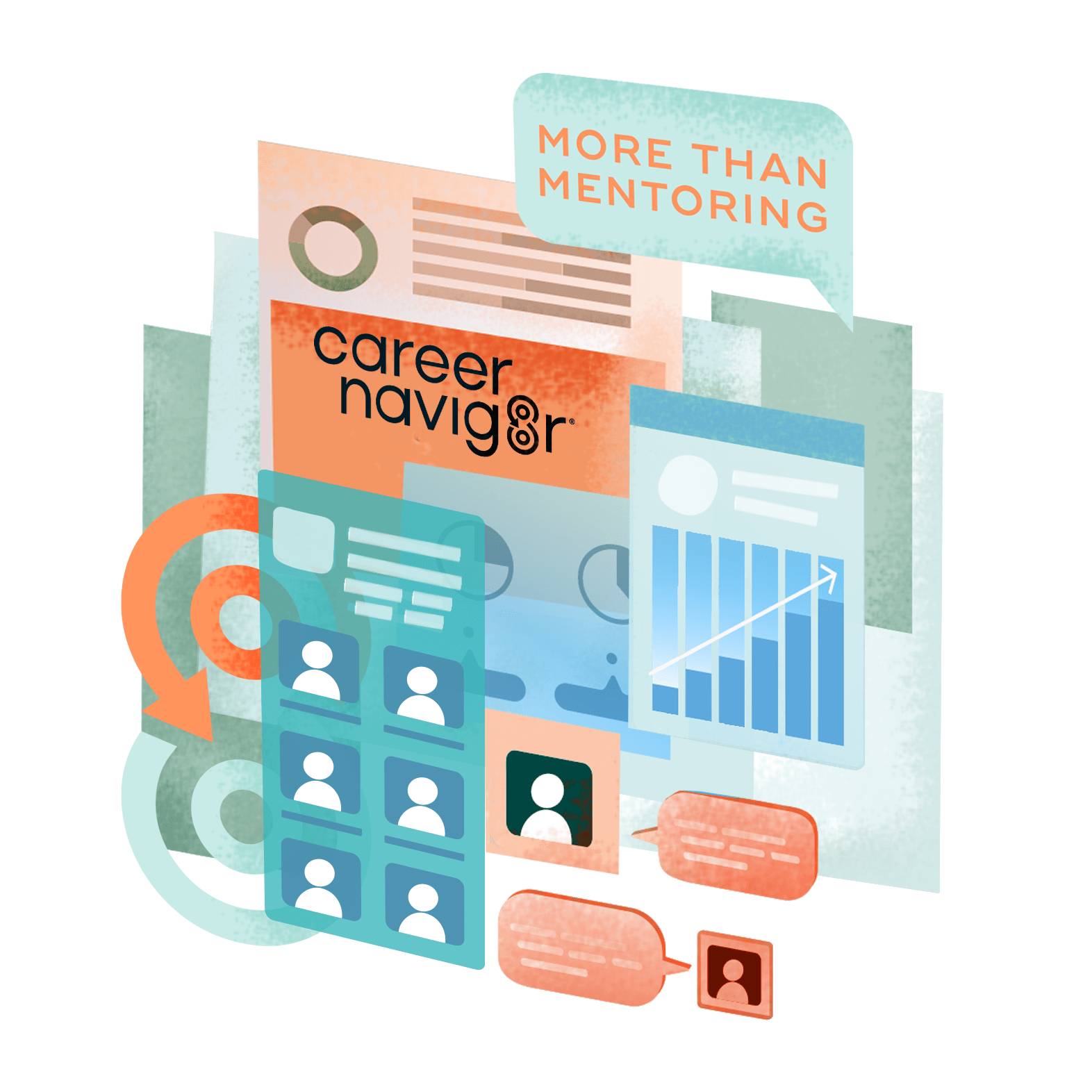What is the Role of a Mentor? Exploring A Mentor’s Roles and Responsibilities

One of the most interesting – and occasionally frustrating – parts of being a Mentor is that most people have their own idea of what a Mentor is. In part that’s because the role of a Mentor is a versatile one, embodying that of a teacher, a professional confidant, and a motivational coach just to name a few.
That being said, it’s important to have your own solid understanding of what it is to be a Mentor. This will not only help you to set reasonable promises and expectations for your Mentees but it will also help you to better define your own goals. That’s why today, we’ll be talking about the common responsibilities a Mentor takes on along with some useful tips and tricks for managing them.
Build Trust Through Engagement
It’s very hard to teach someone if they’re not engaged. That might sound pessimistic but there’s a useful flipside to this: it’s very easy to teach someone when they are engaged.
There are many methods and techniques for engaging students and if you’re looking to improve your mentoring skills, this would be an excellent area to research. That said, by far the easiest way to engage your students is with the three Ps:
- Passion
- Perseverance
- Progress
If you care about your job role and teaching others the important lessons you’ve learned along the way, then your passion will inspire your Mentees. Perseverance means always looking for new ways to help your Mentee, appreciating that different people learn in different ways and that an important part of the role of a Mentor is to encourage them to keep going.
Most important of all is progress. There’s no better way to motivate someone than by reinforcing the progress they’re making. Every time we feel that sense of progress, it’s a reminder that our hard work is paying off. By taking the time to focus on your Mentee’s progress and celebrate their wins, you’ll slowly build their confidence both in the process and in your ability to help them achieve/excel at their dream job role.
Facilitate Learning Opportunities
The best Mentors know that every mistake can still be constructive with the right mindset. Teachable moments are an excellent way to turn a problem on its head and create a lesson for the Mentee by showing them what to do next time.
Furthermore, this mindset – of taking every chance to create learning opportunities – will serve you well in all aspects of mentoring. One of the best lessons your Mentees can take on board is that, no matter your job, there are always opportunities to learn more. By encouraging them in this, you’ll be helping to accelerate their progress, making them a more proactive and more effective student in the long run.
Maintain Confidentiality
Confidentiality can vary a lot from Mentee to Mentee but the basic rule is usually the same – always check with your Mentee before discussing your Mentee/Mentor relationship with someone else.
While there will absolutely be times where you’re wanting to approach a professional contact on behalf of your Mentee, there may also be times when your Mentee wishes to keep things just between the two of you. Furthermore, as their Mentor, you’ll know a lot about your Mentees strengths and weaknesses and there are good reasons why your Mentee may not wish this to be discussed without their consent.
While you’re not held to the same patient/client confidentiality as would be expected of a therapist, doctor, or legal professional, it’s nonetheless important to respect your Mentee’s wishes if you want to continue a healthy and practical working relationship.
Provide Honest Yet Helpful Feedback
Feedback can be hard – especially if you’re trying to give constructive criticism. The role of a Mentor is both to teach and to inspire and feedback can be the hardest point of conflict between these two aims.
Learning to give negative feedback in a way that is still motivational can take time but the best Mentors achieve this through a goals focused approach. By all means give your Mentee the time and support they might need if they’ve experienced a setback – after all, tact can vary a lot from person to person and only you can know what feels appropriate here – but also try to frame any feedback around active goals.
Instead of just saying ‘this was wrong’, try to be the person who says ‘this would have been better’.
Provider of resources and recommendations

Last but certainly not least, a Mentor is someone who provides the resources that a Mentee would have struggled to find on their own.
Living in the age of mass information really can be a double-edged sword. With so many resources out there looking to tell you what to do and how to live your life, finding one that is genuinely invested in helping you can be really hard. As a Mentor, you’ll be the one to cut through the noise and direct your Mentee towards the truly useful answers.
You’ll also be able to put them in touch with industry contacts who will recognise your Mentee’s skills and help them find the job they’re looking for.
A Mentor’s Responsibilities: Final Thoughts
Being a Mentor does come with responsibilities, but if there’s one thing it’s always worth bearing in mind it’s that those responsibilities are, in many respects, tailored to the Mentor’s skillset.
At the end of the day, being an expert Mentor is about being able to help someone recreate the steps that got you where you are, which means that the best thing you can do is often just to be yourself.
Are you ready to take on that challenge? Become a Mentor with CareerNavig8r and embrace the skills that got you where you are today.


